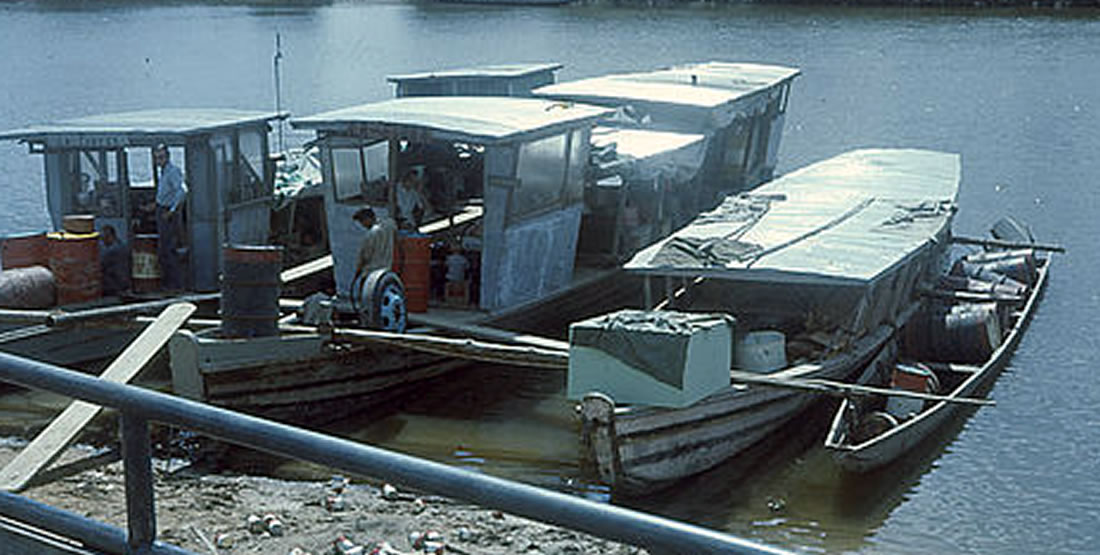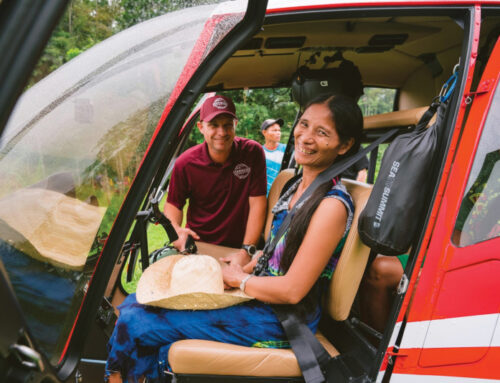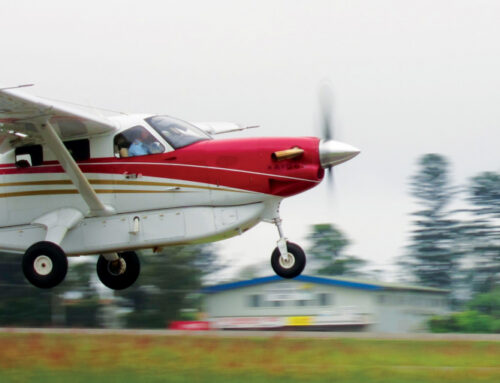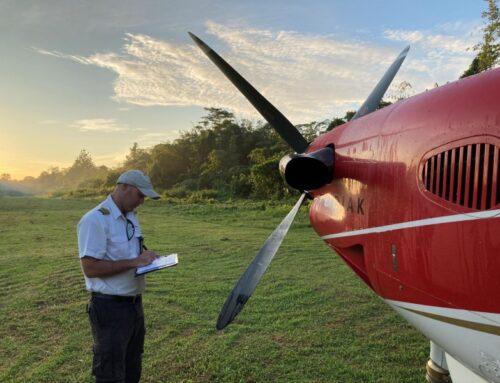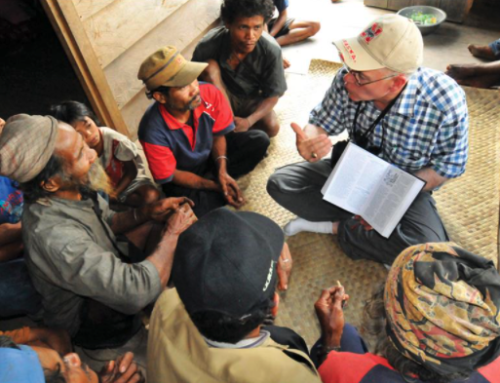Generations of faithful missionaries who have worked together to expand the reach of the Gospel.
Most people probably understand the importance of teamwork from the perspective of their job or possibly in the context of doing a family project.
Missionaries, however, live every day in the upfront reality that teamwork is crucial to the success of their work, and that they couldn’t even be out there in those isolated villages without the support of the entire missionary team.
I am thinking here of missionaries who live in the far reaches of the jungle. Their homes are accessible only by hiking weeks or months over difficult and dangerous trails, by days or weeks of river travel in “Class F” accommodations, or, in later years, by minutes or hours in an airplane.
In the early days of travel in the rain forest, most of the missionaries had only one option for travel and that was by river. Once in the general area of a tribal group, travel to the inland villages was, in many cases, over very difficult trails.
So how did teamwork figure into the equation? Well, even the single missionaries living the most simple lifestyle and who were transported from village to village in dugout canoes by jungle paddlers needed a place to go for the most basic supplies, literacy materials and what-have-you.
They needed someone with the capability to make copies of the scripture portions they were translating and they needed a secure place their mail could be sent that was close enough so that they could pick it up every couple of months and not have to spend three weeks coming and going.
And yes, they needed somewhere they could take a break from living 100 percent jungle style.
In the beginning days, infrastructure such a guest home in town, supply buyers, river boat operators for transporting people and supplies, missionary kids’ schools and a mission office were not in place.
These essential services were added as personnel became available. Later came the air service and later still came the important contribution of consultants to help the new missionaries with their language and culture learning along with church planting and Bible translation.
Once this infrastructure and these helps were in place, missionaries could dedicate more time to their work and spend less time on just survival.
Don’t misunderstand–life and work in the jungle villages was still very much a challenge, but the challenge was whittled down a little more to size.
When we finally got consistent air support in about 1965, things changed dramatically for both the missionaries and the tribal folks, especially in the most remote locations.
It may have taken a year or two, but eventually all the villages where the missionaries were located came to have airstrips and plane service. Some village leaders, even in places where there was no missionary presence, got their people together and cleared airstrips to be used especially in medical emergencies.
It now became more realistic to place missionary families in tribal locations far from navigable rivers. Now, in the case of a medical emergency, a plane could get a sick missionary family member or tribal person out to town in half a day instead of waiting days or even weeks back when air service wasn’t in place.
With the airplane, you could get mail at least once a month and often even more frequently. You could get supplies of all kinds and medications before you actually ran out. And, blessing of all blessings, the supply buyers out in town could send vegetables, cheese and other fresh foods (when they were available) to you about once a month.
Airplanes made travel for the missionary so much more do-able, less traumatic and less exhausting.
To hear the stories told about early jungle pilots, you might be tempted to attach a good portion of glamour to their work. From having worked closely with many of these men, I know their work was and is much of the time physically exhausting and dangerous. To all of us out in the jungle, these men and their wives became essential members of our team. These people were–and are–servants in the truest sense of the word.
The more challenging, the more difficult, the harder missionary life was, the greater the feeling and sense of community. Whether it was the tribal guy helping us build a jungle house or us helping his little child through some serious medical issue, we became a community of people that depended on one another.

